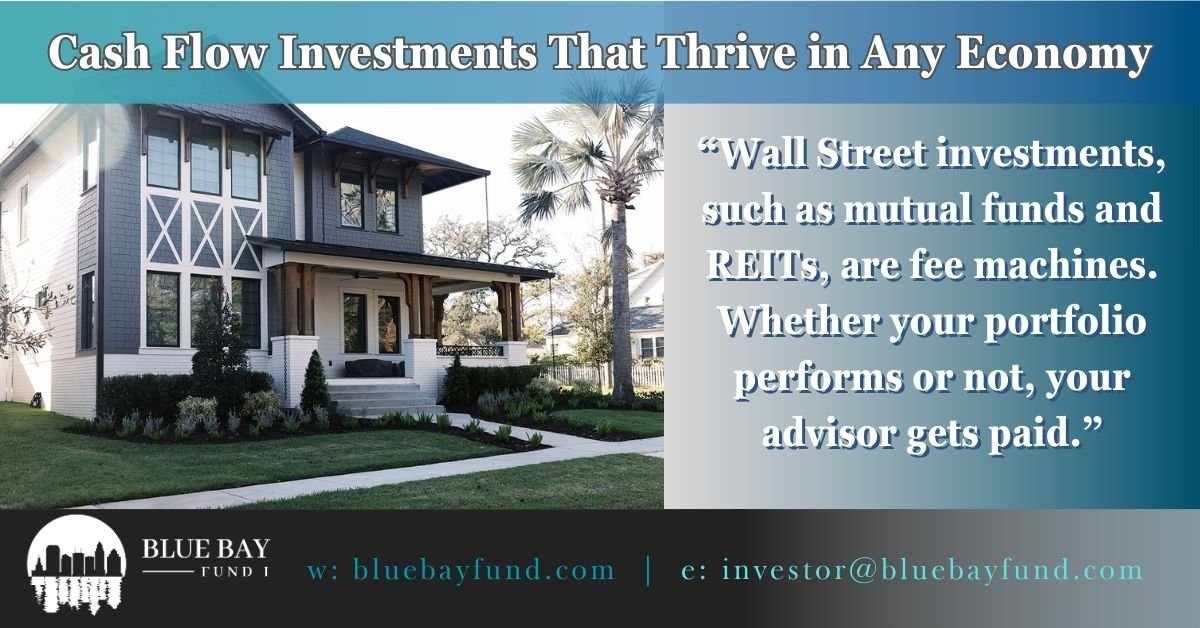Real Estate Self Directed IRA for Legacy Wealth
Highlights Investors Care About
8–10% annual yield targets
Low LTV ratios (Max 75% to under 65%)
12–18 month terms for flexibility
Monthly income distributions; reinvestment of monthly earnings to achieve compounding interest
No stock market exposure
Manager “skin in the game”. Every loan made by Blue Bay Fund is first made 100% by our fund manager, Edwin Epperson. Investors then backfill our manager's position with their own selected amount.
Build Wealth with Real Estate Note Investing
Discover how high-yield real estate notes are helping savvy investors build crash-proof wealth. With fixed monthly income, asset-backed security, and no operational hassle, this powerful strategy offers predictable returns and protection in volatile markets.
Outdoor Gun Shooting Range – Train with Special Ops.
Beans & Bullets delivers Florida firearms training like no other, led by former Special Ops professionals who bring real-world experience to the range. Whether you’re learning the basics or refining advanced tactics, this event provides a safe, structured, and empowering environment for everyone. And with family-friendly instruction, even minors can begin learning proper firearm handling with guidance and supervision.
Cash Flow Investments: Secure Income, Preserve Capital
Discover why cash flow investments backed by real estate are outperforming traditional assets in 2025.
In this article, Edwin Epperson II, manager of Blue Bay Fund I, reveals how accredited and sophisticated investors are building generational wealth through debt-based real estate investing. With monthly income, low risk, and high control, these structured strategies are turning the tables on Wall Street. Learn how to invest like a banker—not a gambler—and explore real estate-secured notes that offer protection, liquidity, and returns in any economy.
What Is UBIT and How Does It Affect Self-Directed IRA Investments?
UBIT is a hefty tax that can penalize up to 37% of your investment account on business income! There must be two hurdles that your SDIRA investment must overcome to be exempt from paying UBIT. First hurdle: Is the income passive? I know that you may have heard a sponsor or GP claim that their investment is passive, that you, as an investor, do not have to “do anything,” i.e., passive. While that may be true of your personal time, energy, or effort, UBIT does not consider you; it considers the SDIRA. Is the invested capital “doing anything”? That’s the question.
Discover Incredible Accredited Investor Opportunities
For accredited investors seeking secure and consistent returns, private debt funds are an excellent option. They offer predictable cash flows with the added benefit of being backed by valuable assets. Private debt funds lend capital to borrowers in exchange for fixed interest rates. These loans are often secured by real estate or other tangible assets, providing an added layer of protection for investors. In return, investors receive regular interest payments, creating a steady income stream.
How to Beat REIT’s and Syndications with Blue Bay Fund
Investing in real estate investment loans work the same way, but the borrowers are investors, not homeowners, and you play the role of the banker. Your loan is secured by investment properties, providing a layer of protection while you earn interest without managing properties yourself.
The real estate investor is now the one who is responsible and liable to pay the taxes, insurance, and your monthly payments. The real estate investor has to deal with the three big “T’s” of RE Investing; Tenants, Termites, and Taxes!
Massive Passive Cashflow Podcast
I love the educational aspect of private lending. I could talk for hours on why, for those who are risk averse, investing in position loans, low loan to value, is an excellent way to preserve and grow your family's generational wealth. but it won't give you the double-digit, sexy returns, right? So, for those looking for equity, that's where that syndication component comes in. In syndications, on our website, you'll find my pitch deck
Investment Consideration 2: Investment Markets
You should then determine which market you will be investing in. Now, most people will scratch their heads and say, “Edwin, are you talking about the Stock Market or the Real Estate Market?” In the world of sophisticated investors, we understand that there are THREE markets you can invest in. Yes THREE. While the general public understands the term “Market” refers to the Stock Market, I want to expand and deepen your understanding. Think of each of these Markets as an “umbrella” and under these umbrellas there will be different primary assets, sub-assets, and strategies to invest in these markets.









